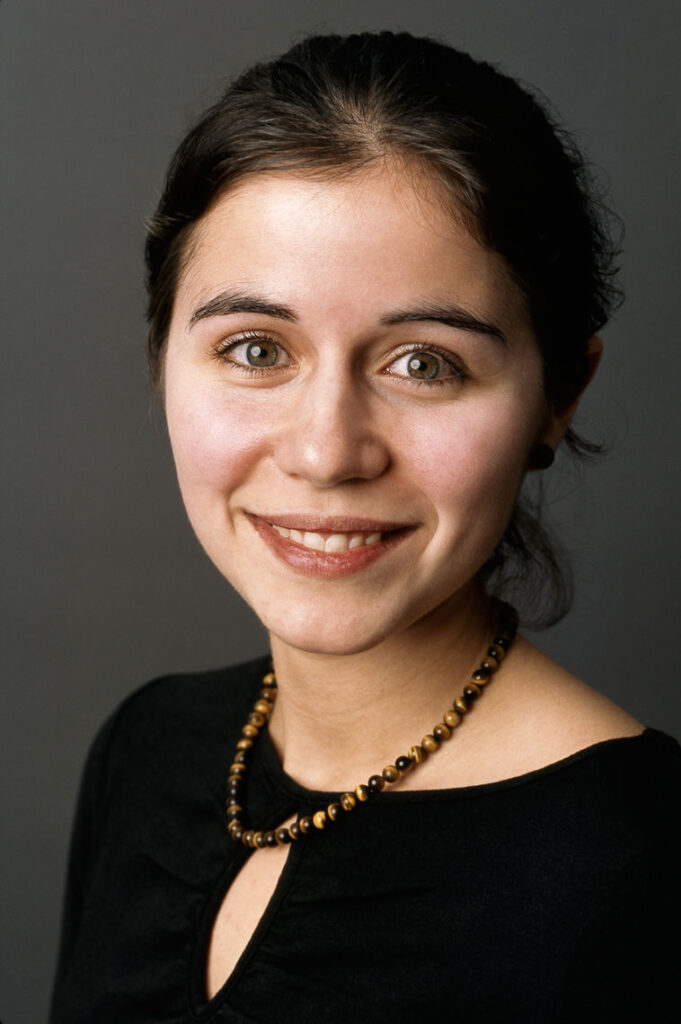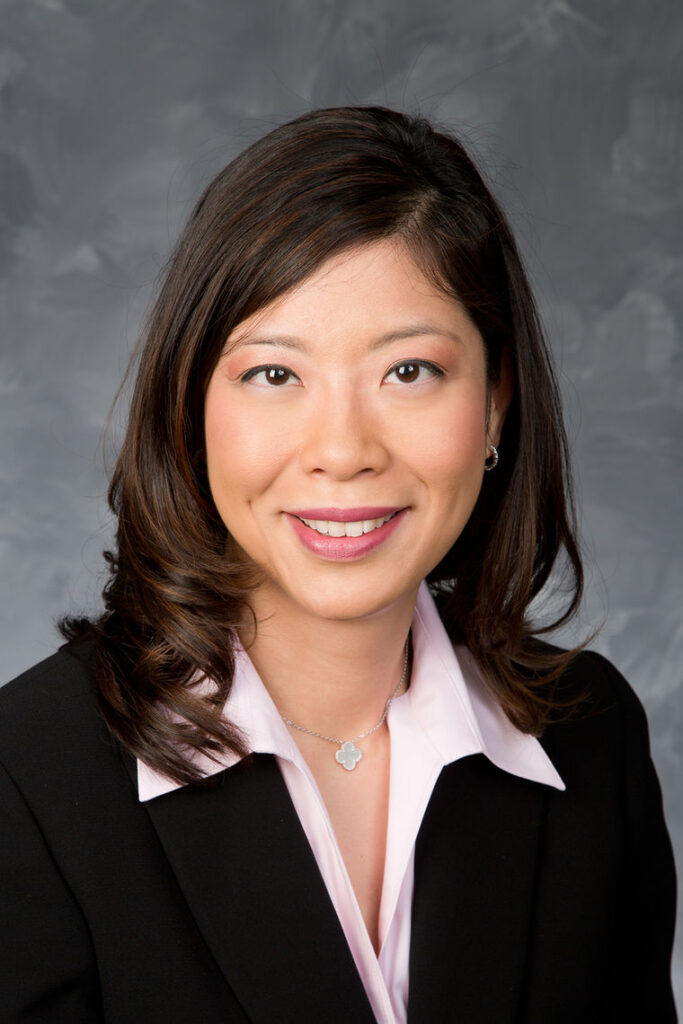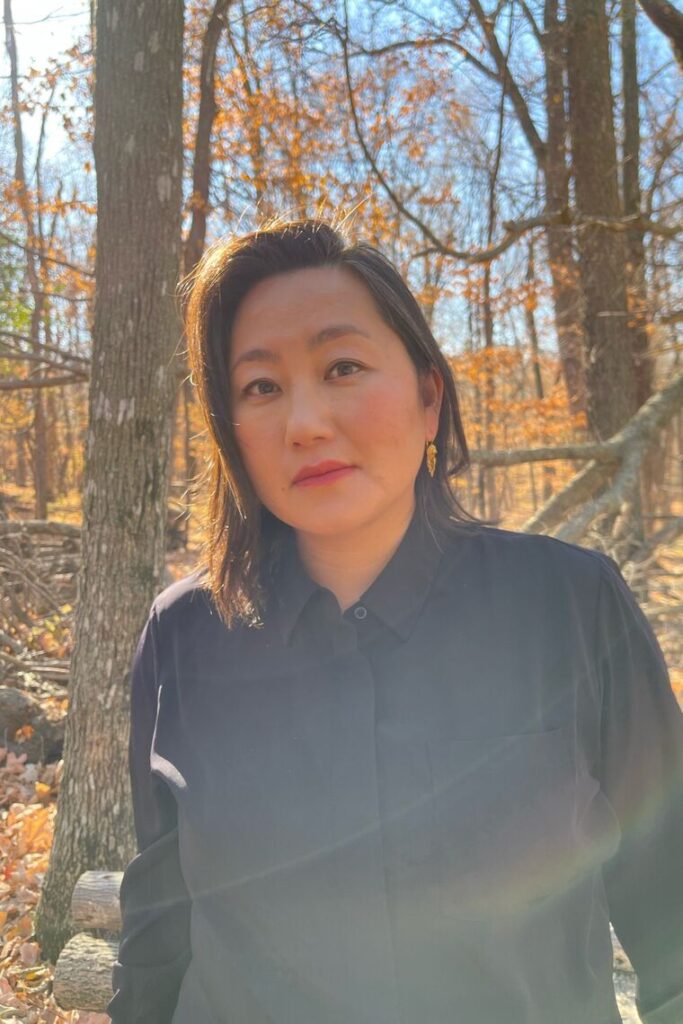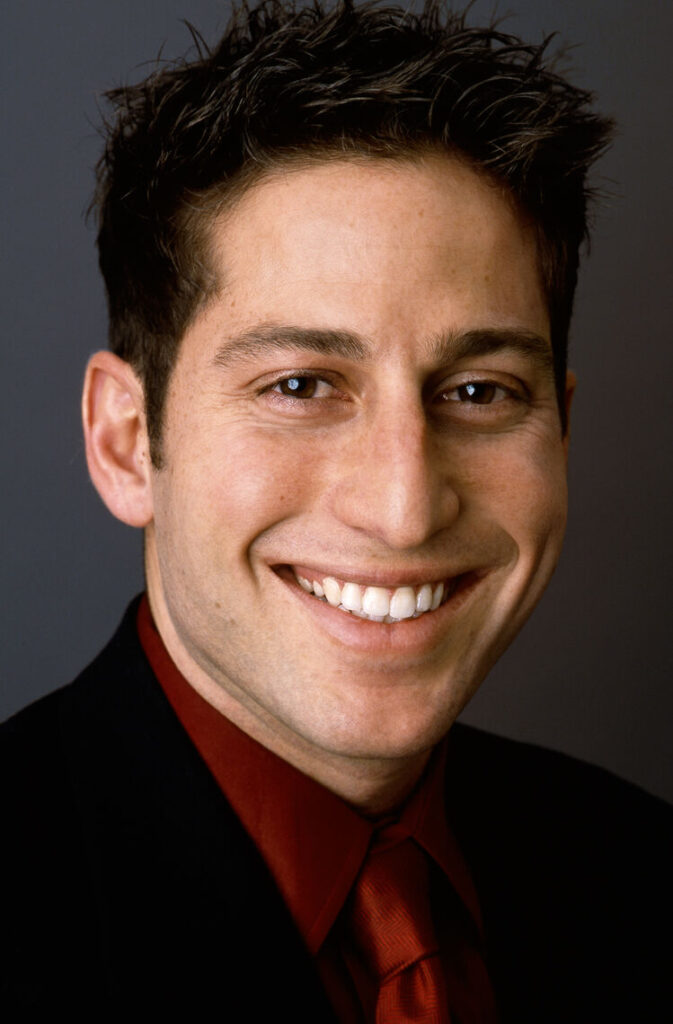About Sara Bobok
Sara Bobok and her family immigrated to the United States from Hungary when she was two, seeking greater economic opportunity. Sara’s childhood was spent bouncing between two worlds: summers outside of Budapest with her grandparents and school years in America. Each summer, she watched inequities deepen in her Hungarian community, ranging from a deprivation of appropriate educational services to lacking child protective care, challenges she later witnessed in the United States as well. Her young mind tried to understand these unfair divisions. How could such systems be improved to better support children’s futures?
For twelve years, these questions have fueled Sara’s commitment to children’s advocacy. She spent high school summers as a live-in volunteer at a Transylvanian orphanage and dedicated school years to fundraising and organizing donation drives for the children. Sara attended Harvard University, where she studied social studies with a minor in mathematical sciences in hopes of better understanding the historical, political, and economic roots of inequality. Outside of the classroom, Sara interned with the Public Defender Service for the District of Columbia, researched bail reform at Harvard Law School, designed civic engagement policy with Boston’s then-City Council President Michelle Wu, and served as a strategist for Hungary’s Momentum party. Her thesis on Hungarian youth political movements earned her the Harvard Hoopes Prize and the Kathryn W. Davis Prize. After graduating in 2019, Sara was awarded Harvard’s Pforzheimer Post-Graduate Public Service Fellowship to spearhead a year-long project on Hungarian child trafficking prevention, supporting the very orphanages that inspired her work.
In June 2020, Sara started as director of the Association to Benefit Children’s tutoring program, a youth aid organization in East Harlem. With remote learning threatening children’s progress and their families’ safety nets, Sara and her team worked hard to meet their students’ needs: they tripled the size of their program, launched new learning initiatives, created individualized curricula for all 120 students, and implemented a crisis case management infrastructure to support families. Most precious to Sara were the relationships she developed with her students and their families –– she still serves as a mentor to six teens from her program.
Sara is now pursuing a JD at Stanford Law School and master’s degree at Stanford’s Graduate School of Education. As an aspiring lawyer, educator, and advocate, she hopes to fight for a world where all children, from Transylvania to New York, have the opportunity to realize their potential.
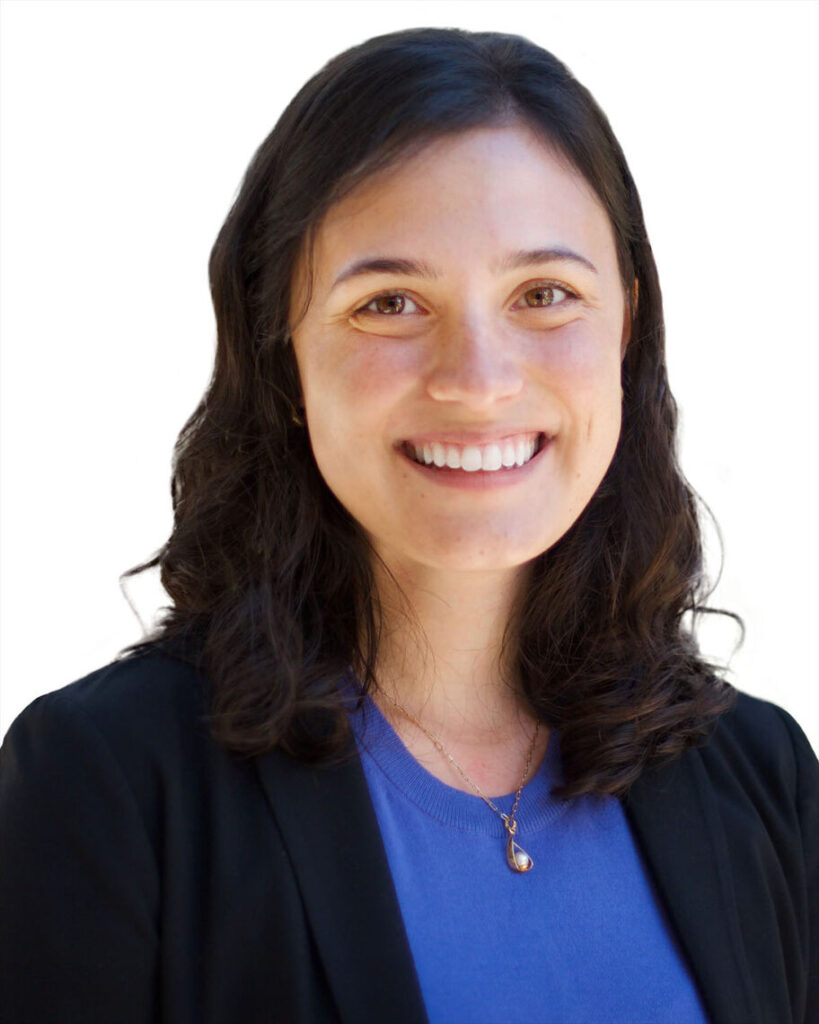
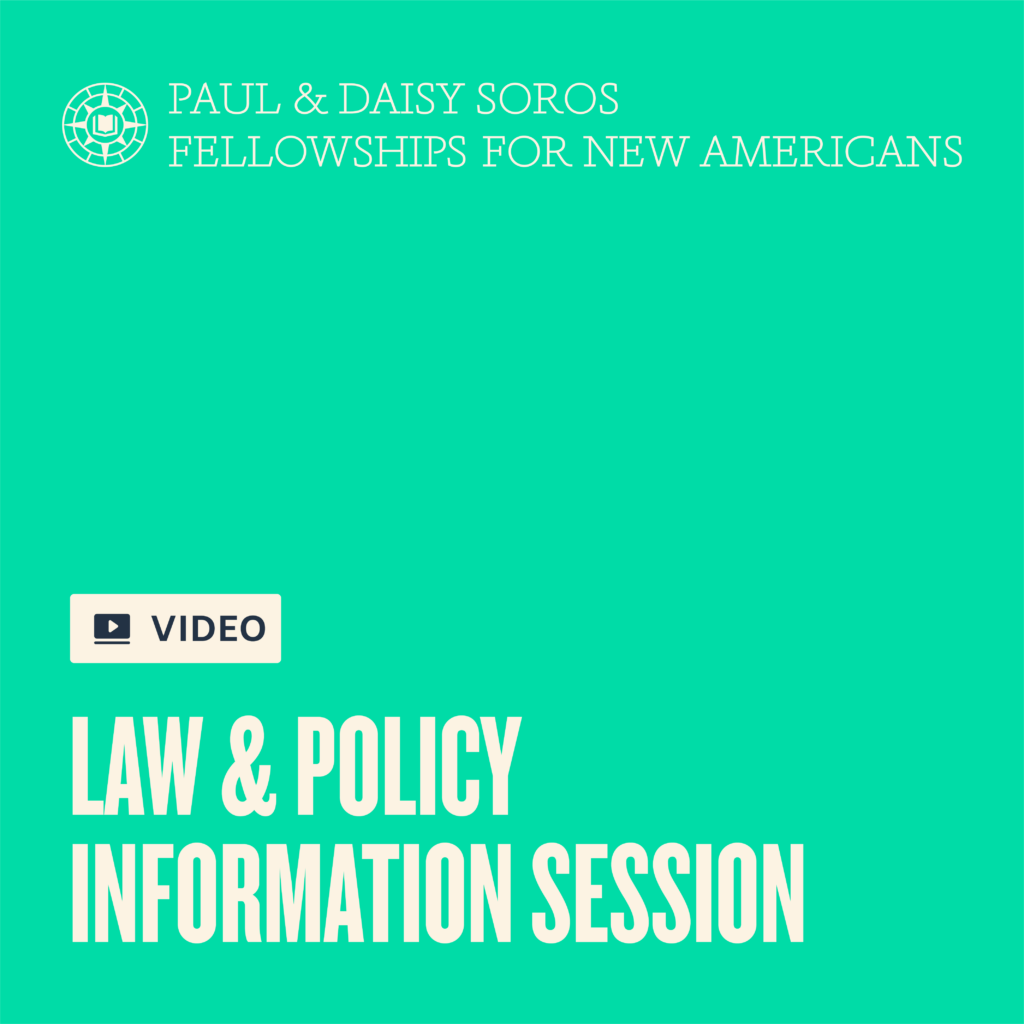 Read more: Law & Policy Applicants (JDs, MPPs, MPH, etc) – Information Session
Read more: Law & Policy Applicants (JDs, MPPs, MPH, etc) – Information Session